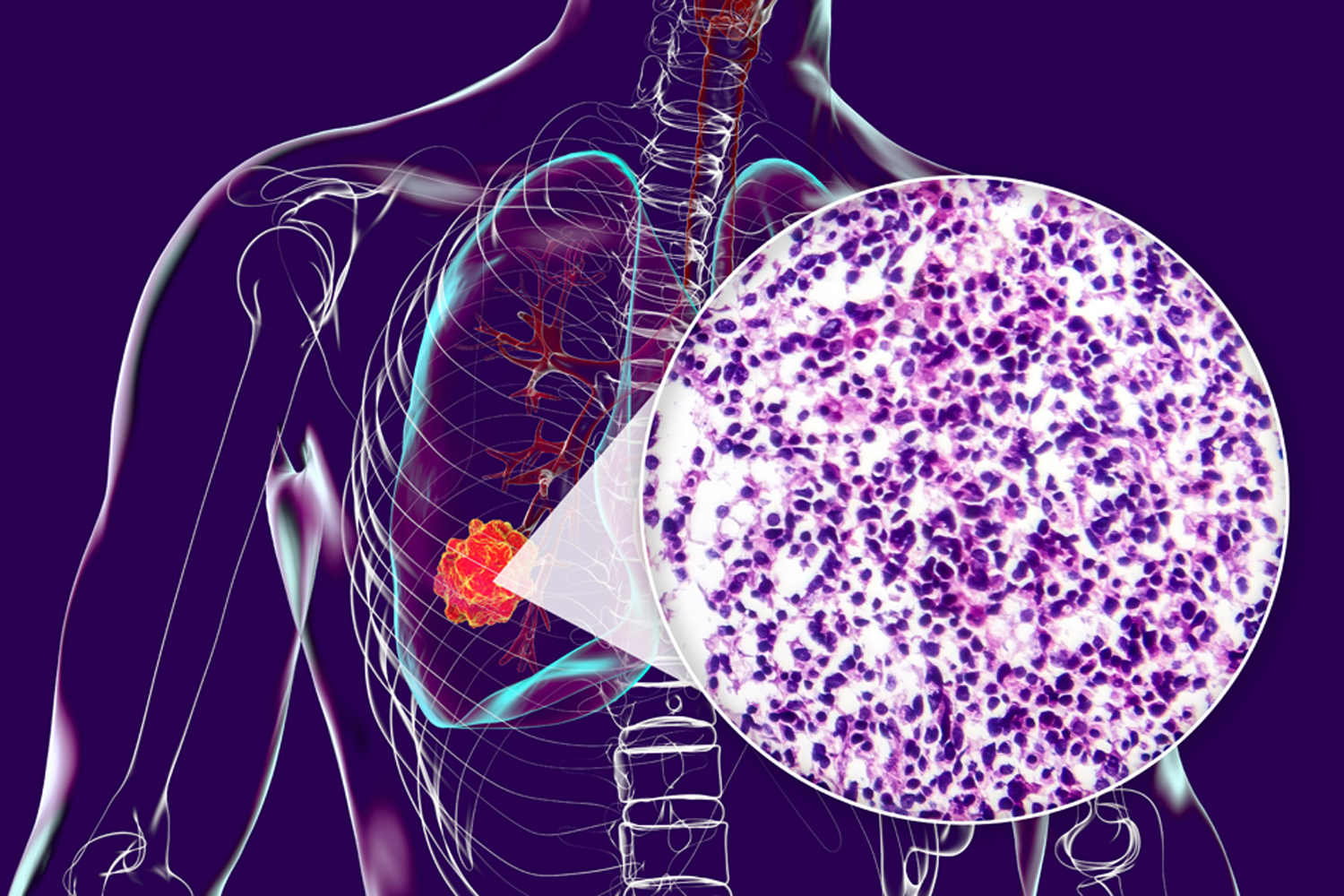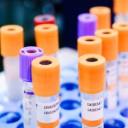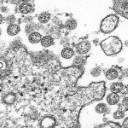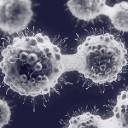-
The Coronavirus Impacts Cancer Clinical Trials
The National Cancer Institute and the Food and Drug Administration have provided guidance for managing clinical trials amid the spread of the novel coronavirus. Cancer centers are making changes to care for some patients enrolled in trials.
by Anna Azvolinsky
-
From the Editor-in-Chief
Cancer Epigenetics: Disorganization Drives DysfunctionEmerging insights into epigenetic abnormalities in cancer cells may lead to better cancer outcomes.
by William G. Nelson, MD, PhD
-
The Coronavirus and Cancer Care
Cancer patients in the U.S. are feeling impacts from the new coronavirus.
by Kate Yandell
-
Medicare Coverage for Next-Generation Sequencing Tests
Multigene panels that rely on next-generation sequencing are increasingly used to test for hereditary cancer risk-related mutations. The federal government aims to expand Medicare coverage for these tests.
by Ashley P. Taylor
-
For Prostate Biopsy, It’s Best to Combine Old and New Methods
Using an older method of prostate biopsy together with MRI-targeted biopsy more accurately diagnoses prostate cancer than either method alone, a study finds.
by Kate Yandell
-
Drinking After a Diagnosis
A study illuminates the alcohol consumption habits of cancer survivors.
by Jen Tota McGivney
-
New Drugs for an Elusive Cancer Target
Medical oncologist and lung cancer expert Roy S. Herbst discusses early data on drugs that target a mutated form of the KRAS protein.
by Anna Azvolinsky
-
Clinical Trials: An African American Survivor’s Experience
Melvin Mann benefited from joining a pivotal clinical trial for chronic myelogenous leukemia, but participation came with logistical challenges.
by Melvin Mann
-
Telling Your Children About Inheritable Cancer Risk
Letting children know they might have a mutation that increases their risk for cancer can be a challenge for patients. Experts stress there is no right or wrong way to share the information.
by Marci A. Landsmann
-
From the Editor-in-Chief
Human Papillomavirus Vaccines: Bad News, Good News and Great NewsIncreased vaccination rates can help reduce cervical cancer as a worldwide health threat.
by William G. Nelson, MD, PhD
Cancer Talk
Lessons From 20 Years Living With Cancer
Multiple myeloma survivor Jonathan Gluck reflects on uncertainty, and the scientific progress that has kept him living with cancer for more than two decades.
by Eric Fitzsimmons
The Enduring Importance of Cancer Disparities ResearchOpening session from AACR conference highlights how perseverance and adversity have informed cancer disparities research over the years.
by Eric Fitzsimmons
Most Cancer Survivors Don’t Meet Healthy Diet GoalsDespite research linking fruits and vegetables to cancer survival, many people do not change their eating habits after diagnosis.
by Darlene Dobkowski
Many People Don’t Get Colonoscopy After Receiving Abnormal Blood TestsAbout half of people who receive abnormal results from colorectal cancer screening tests don’t follow up with a colonoscopy.
by Laura Gesualdi Gilmore















